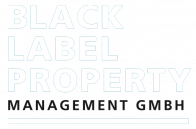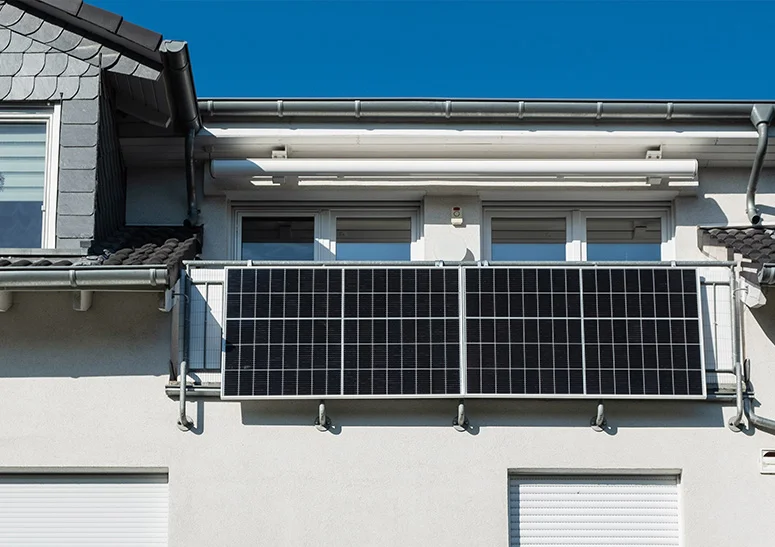Energy efficiency and sustainable energy systems have become buzzwords in the 21st century. Block power plants, also known as Combined Heat and Power (CHP) systems, present promising alternatives to traditional methods of energy production. For apartment owners and landlords, the integration of these systems can offer substantial benefits.
Block Power Plants: The Technology Behind
A block power plant is essentially a mini power plant. By generating both electricity and heat in a single process, block power plants maximize the use of consumed energy, thereby reducing waste and loss. Traditional power plants often lose up to 60% of energy as waste heat, whereas block power plants can reduce this loss to only 10-20%.
Detailed Benefits for Owners and Landlords
Maximized Energy Efficiency: A block power plant can make buildings nearly energy self-sufficient by catering to the heat and electricity demand from a single source. By cutting down on energy losses, significant savings on energy costs can be realized.
Environmental Friendliness: Because block power plants are more efficient and consume fewer fossil fuels, they reduce a building’s carbon footprint. This not only contributes to environmental protection but also helps in meeting legal norms and standards for sustainable construction.
Independence from Rising Energy Costs: The ability to generate both electricity and heat locally decreases dependence on external energy providers. This can be particularly beneficial in a volatile energy market.
Attractiveness for Tenants: A modern, eco-friendly energy system can be a key selling point for potential tenants, especially in an era where many are seeking a greener lifestyle.
Property Value Increase: Investments in renewable energy technologies can increase a property’s market value by reducing operational costs and enhancing the overall appeal of the building.
Planning and Implementation
Integrating a block power plant into an existing or new building requires careful planning:
Energy Demand Analysis: It’s crucial to determine the exact heat and electricity requirements of the building to select the right size and model of the block power plant.
Cost-Benefit Analysis: While block power plants do have initial investment costs, they can bring long-term substantial savings. It’s worthwhile to create a detailed financial forecast.
Maintenance Plan: A block power plant is a complex system that requires regular checks and maintenance. An effective maintenance plan is crucial for the longevity and efficiency of the system.
Final Thoughts
Block power plants present a promising energy alternative for apartment owners and landlords. Their efficiency, environmental friendliness, and economic viability make them an attractive option for modern residential buildings. With careful planning and implementation, block power plants can significantly cater to a building’s energy demand while contributing to the creation of a more sustainable urban living space.


